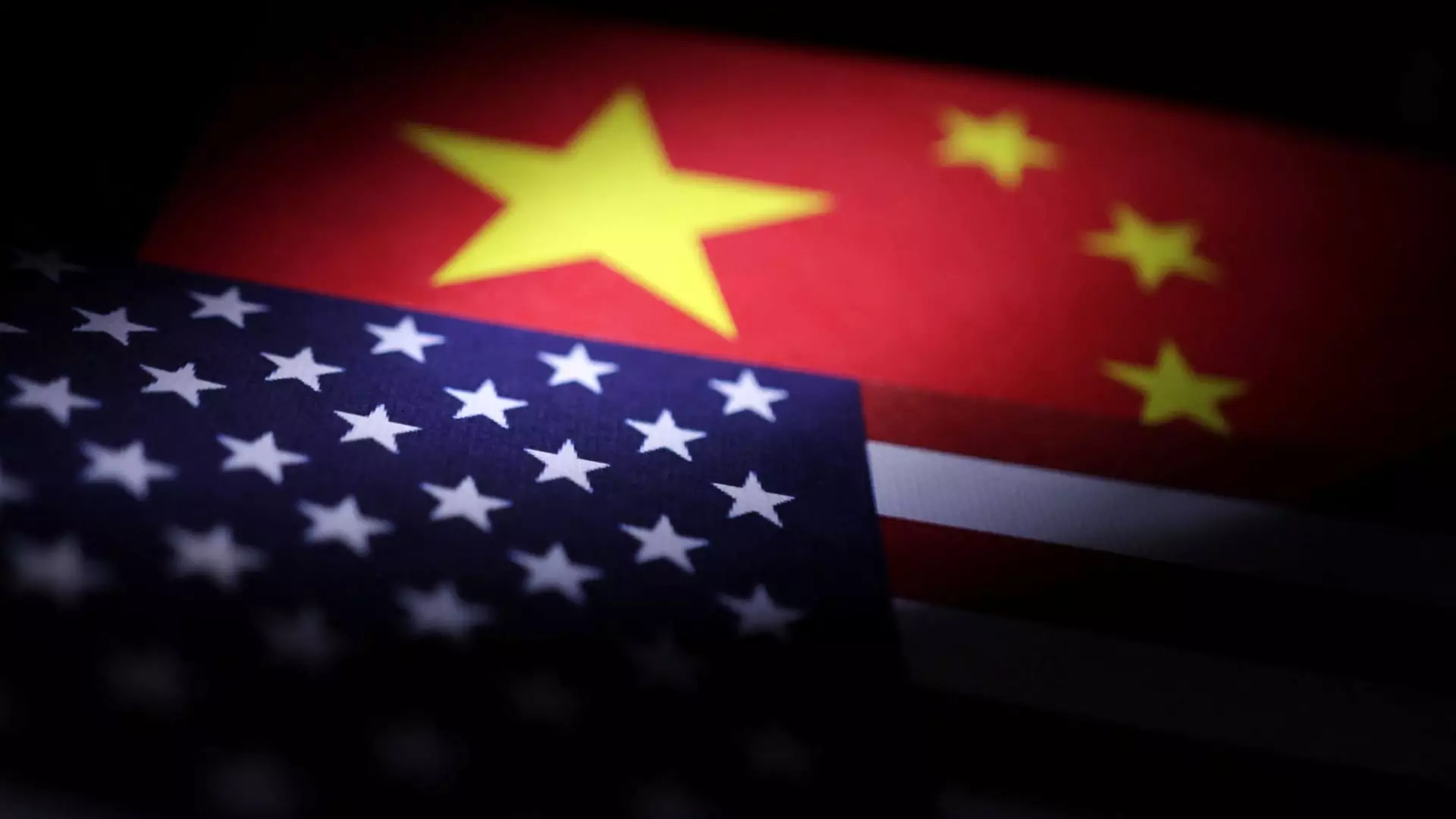The ongoing trade tensions between the U.S. and China have rapidly evolved into one of the most significant economic conflicts of our time, shaking the foundations of global trade networks. This confrontation not only pits two superpowers against each other but also drags smaller nations into its turbulent waters, exposing them to the risk of collateral damage. The rhetoric has escalated to alarming levels, with China warning that it will retaliate against any country that collaborates with the U.S. in a manner that undermines its interests. This is not just a battle of tariffs; it’s a struggle for geopolitical influence.
Power Play with Tariffs
The recent decision by the Trump administration to pause major tariff increases for 90 days may seem like a gesture towards diplomacy, yet it belies a deeper strategy: pressure allies to diminish their ties with China. By leveraging tariffs as tools of coercion, the U.S. is establishing a dangerous precedent where economic interactions become a means of political manipulation. This strategy could create a schism in international relations, wherein countries are forced to choose sides in a conflict that should not require their involvement.
China’s Response: More Than a Retaliation
China’s announcements of aggressive retaliatory measures—most notably raising tariffs to an imposing 125% on U.S. goods—signal a departure from conciliatory tactics. Instead, the narrative has shifted to one of self-defense and retribution, casting the U.S. as the bully of international trade. This escalatory spiral not only affects trade but aggravates diplomatic relations, with China positioning itself as a defender of fairness in the global economy. Their recent attempts to forge closer bonds with ASEAN nations further highlight a strategy aimed at western isolation.
The Broader Implications of a Trade War
While the immediate focus is on the tit-for-tat tariffs, the long-term ramifications sweep far beyond economic figures. By framing trade as a battleground, both nations risk fostering a law-of-the-jungle approach, where might makes right. If countries engage in economic hostilities without regard for global interdependence, we may soon witness a breakdown of cooperative trade efforts. The global economy relies on mutual exchange; pitting one nation against another fractures this delicate balance.
Alliance Reconfiguration and the Global Response
Observing the trade war unfold, the global community appears caught in a state of apprehension. With U.S.-China relations deteriorating, countries like Vietnam, Malaysia, and Cambodia are witnessing an influx of Chinese investment as they seek to capitalize on a potential shift away from U.S. dependency. This reconfiguration of alliances calls for countries to strategically navigate these waters, balancing their economic interests against a backdrop of geopolitical uncertainty.
As these events unravel, one cannot help but feel a sense of urgency. The pattern of retaliatory tariffs and trade restrictions is not merely an economic dispute; it embodies a clash of ideologies. The world stands at a crossroads, and the choices made today will resonate for generations to come. With both superpowers unwilling to back down, the stakes could hardly be higher.

